Editor’s Note: The following is a dispatch from the Solidarity with the Suffering delegation, a grassroots trip to Palestine/Israel organized through the Presbyterian Church (U.S.A.).
Waking up in Bethlehem, our day started with a visit to Tent of Nations on a wet day with thick fog. We drove to Daoud Nassar’s farm, where there was a room to gather in, dug into the hill like a cave. This is because even though the Nassars have documents of ownership going back to the Ottoman era for their farmland in the hills southwest of Bethlehem, the Israeli government has been playing a decades-long game of who can outlast whom and won’t allow them to build on the land or hook up to power and water. They instead use solar energy and water cisterns, adapting as they must to every obstacle Israel puts in their way.
As we warmed up with Arabic coffee and tea, Nassar, a Palestinian hero of non-violent resistance, stood inside the cave and walked us through the Kafkaesque labyrinth of obstacles that he and his family have been through to hold on to the last hilltop in the area that has not been taken by an illegal Israeli settlement. One of our group told him that with his black and red jacket, standing there with the green doors behind him, he looked like the Palestinian flag of resistance; we were in the presence of a Palestinian icon.
We headed out to Dar-al-Kalima University, a school dedicated to the arts and creativity; it is a much-needed institution in a place where it is hard to see cultural endeavors as a priority. The school was given a large founding grant by the Presbyterian Church (USA) at the start of its life in 2013. Led by Palestinian Lutheran theologian Mitri Raheb, Dar-el-Kalima University serves as a crucial place to help maintain the humanity of Palestinians and helps build a future that is grounded in their ancient culture.
Unlike in Gaza, the Israeli strategy has been clear now for decades in the West Bank: make daily life so difficult here that Palestinians leave on their own accord. The West Bank has already been “disappeared” on Israeli maps; it’s labeled Judea and Samaria, and over a million Jewish settlers, with large groups of armed extremists, live here. They harass and worse, terrorize their Palestinian neighbors with guns. The Israeli military is here to protect them in this upside-down reality.
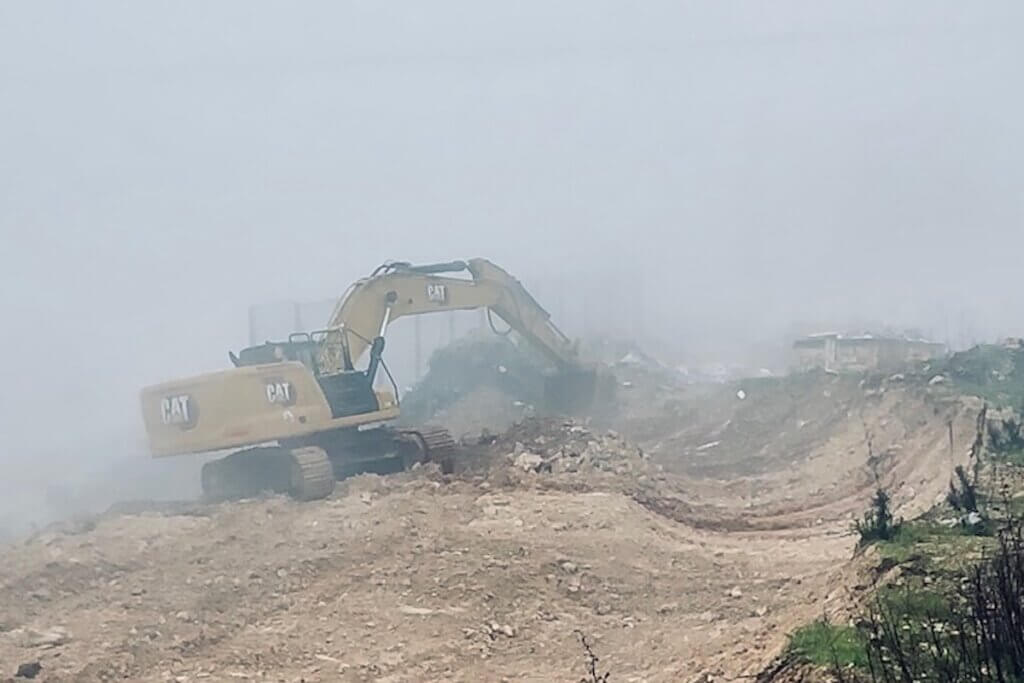
On our way to the university, still in thick fog and rain, we saw a large Caterpillar bulldozer busy on the side of the road tearing up Palestinian land. There were a few soldiers standing around 50 feet away. We stopped our two mini buses to discuss and following the lead of our Palestinian hosts, decided we all wanted to get off and go stand in a direct-action witness to what was happening. We learned the owner had been given a month’s notice that his land was to be appropriated, but under cover of the thick fog, and with the international community focusing on the annihilation of Gaza, this land grab was going ahead three weeks earlier than warned.
Getting off the bus, I got caught in the nasty concertina wires and ripped my jacket, but none of us were concerned about that or the mud or the rain. Our group of thirty circled the edge of the hole that the CAT was digging and began to sing: we will, we will not be moved, we will, we will not be moved… soon enough, the few soldiers down the hill realized this was a group of Americans. The CAT stopped, went down the hill, and the driver joined the soldiers. A strange and eerie standoff ensued. Most of us took out our phones and started recording videos or live-streaming the scene to our social media.
After about an hour of each side trying to guess what the next move would be, the CAT started up again and not one, but two armored vehicles filled with more soldiers came rolling up the hill past our buses. We were on a narrow road with bad paving, nothing like the segregated, Israeli-only four-lane roadway beyond the land under assault. More soldiers jumped out with their large assault weapons and began moving us off the land they themselves had no right to be on.
By now, with the safety of having over thirty Americans there, the Palestinian neighbors, mostly men, had come out to stand witness with our group. Women too, but they stood back on the narrow road. The cold, wet morning had a new ominous feel. With two tour buses, two armored military vehicles, concertina wire, mud and cold rain, and many soldiers pointing intimidating weapons, we debated our next move. Suddenly, the adan, the call to prayer, rang out from somewhere in the thick fog. As if by an invisible director’s hand, just as the adan was sung out to the faithful, the fog began to lift. Turned out, there was a small gold-domed mosque just past our hill. It was a timely reminder that God was with us.
Eventually, we boarded our buses to head to our “Theology Post-Gaza” talk. One of our trip leaders, Reverend Susan Wilder, was waiting for everyone to get on the bus and spoke to one of the female soldiers near her:
Rev. Susan: “You’re the age of my daughter. Why are you doing this?”
Soldier: “If we don’t, they will kill us.”
Rev. Susan: “Seems to me you’re the one with the guns and these people here are the vulnerable ones…”
The soldier said nothing; there was nothing to say.
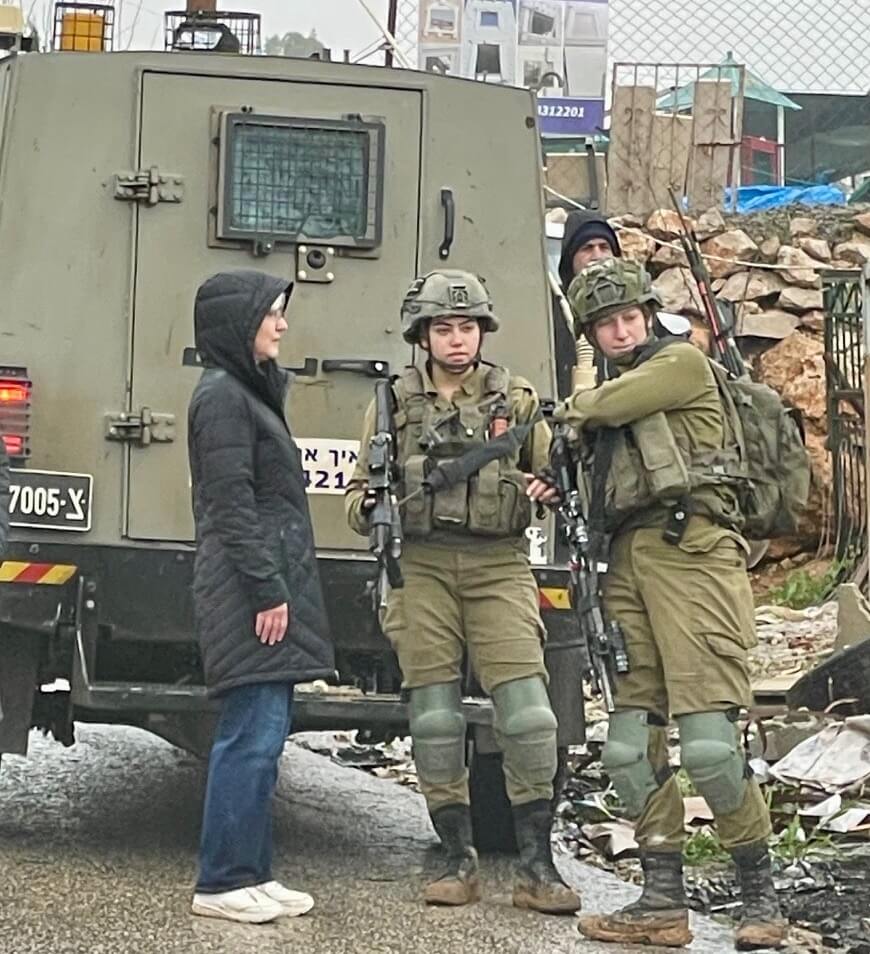
Israelis are very afraid of any non-Israeli here. As I saw it, they live in “Fortress Israel,” a place of walls, separation, checkpoints, and fear of the other. If I understand the logic correctly, they have walled themselves in because if not, “they will kill us.” Their land grab and military occupation are so-called “protective” measures, with little consideration for the human cost on the other side of their actions. And that’s to say nothing of Israel’s master plan to incorporate all of the West Bank, like it already has in schoolbooks and government agency maps.
This so-called “holy land,” which lies “between the river and the sea,” is inhabited by about fifteen million people. Half are Jewish, half are not. Neither population is going anywhere. They need to find a way to live together and share this land as they did for centuries before 1948, when outside powers carved it up and recognized the new state of Israel, giving most of the land to the besieged European Jews who needed a safe place to live.
In hindsight, we now know that the post-WWI British and French mandates were actually created under racist desires to rid Europe of its Jews, later resulting in the birth of the new state of Israel. Today, it’s the native Palestinians like Nassar, like his neighbors watching their home get bulldozed under cover of nebulous documents and fog, who need a safe place to live.
As American Christians who enable Israel’s actions through our taxes of $3.8 billion aid a year (plus an extra $14 billion that Congress just authorized), we are not separate from what is unfolding here. We must accept our part in it, bear witness, and stand in support of the besieged Palestinian people.
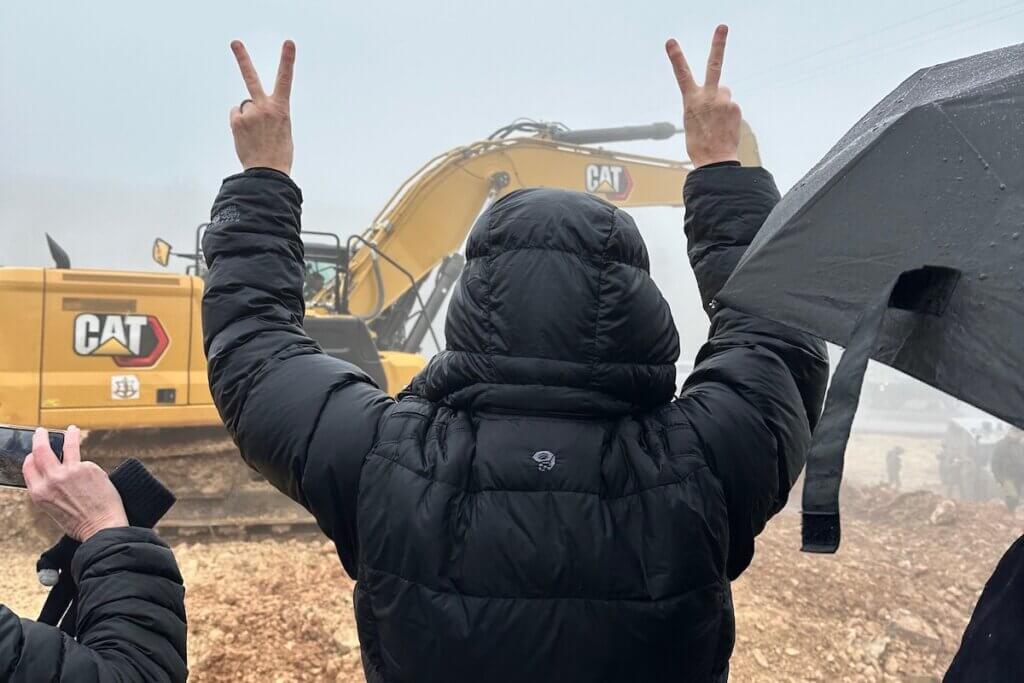
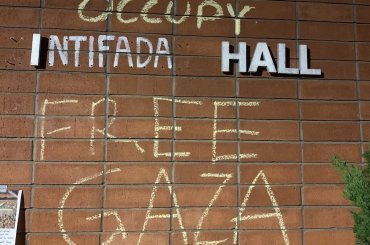
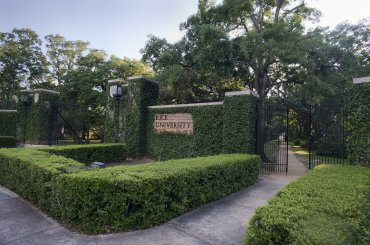
Thank you for bearing witness.
And Israelis and their supporters wonder why October 7 happened? After 90 years of barbaric and bestial abuse by Zionists, Israelis and Jews, the remarkable thing is how generally patient and non-violent the Palestinians have been. Israelis are brainwashed from birth to believe the Palestinians will kill them as they continue to dispossess, colonise and murder them. If a State was psychotic and in need of psychiatric help it is Israel.
Israel’s flour massacre shocks the world
Mar 4, 2024
The Grayzone’s Max Blumenthal and Aaron Mate on a crime that stood out from countless others in Gaza, and Israel’s attempt to deflect blame for it.
https://www.youtube.com/watch?v=PM70xMplUDg
You have this backwards. It was Judea and Samaria up until the term “West Bank” was created, the West Bank then disappeared Judea and Samaria.
“Neither population is going anywhere. They need to find a way to live together and share this land…
“Why are you doing this?” Soldier: “If we don’t, they will kill us.
As I saw it, they live in “Fortress Israel,” a place of walls, separation, checkpoints, and fear of the other. If I understand the logic correctly, they have walled themselves in because if not, “they will kill us.”
_____________________________________________________
This article encapsulates much about the IP conflict and its psychological underpinning.
In 1988, one could travel all around Israel and occupied Palestine without going through a checkpoint or see any wall. The use of violence to achieve objectives enabled/facilitated the apartheid frame.
It is a sad reality that Rashida Tlaib, or other voices, are so overwhelmed by their peoples victimization, they are unable or unwilling to consider or understand the psychology and realities involved.
Radical Zionists have long played Jews to believe the world is against them. Bombed synagogues to bring them from Iraq to achieve political objectives. “Any means necessary”, “pay for slay”, and their embrace, has unwittingly empowered the radicals at the expense of looking for a way to live together.
What can turn the tide as Greater Israel sees a window of opportunity to advance objectives?
Is there a way to move beyond the victimization and fear that has been so consuming? What plan can lead to living together and share the land? Integration? A constitution?